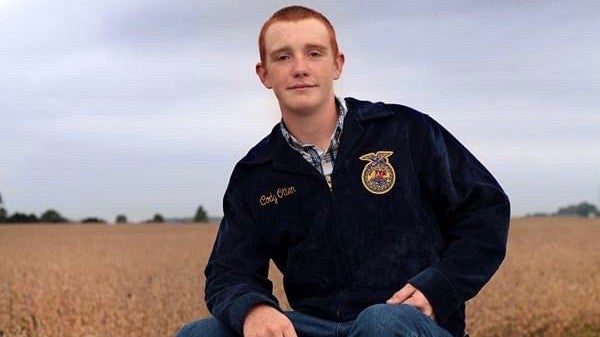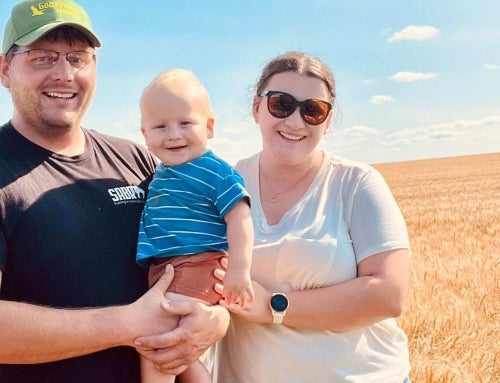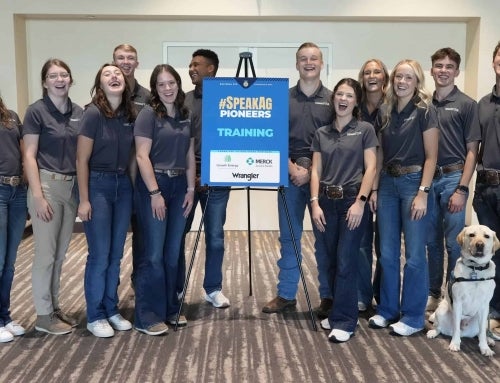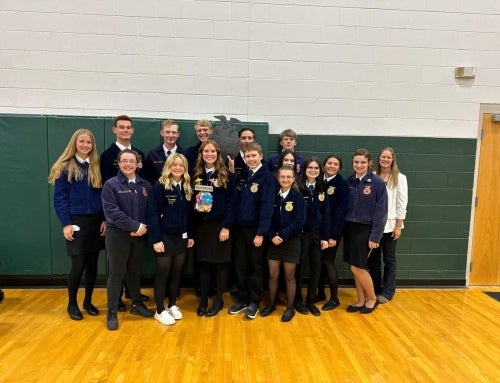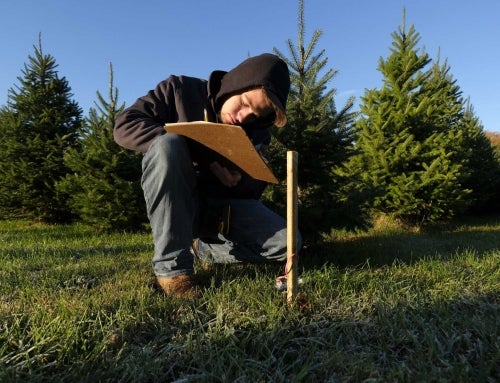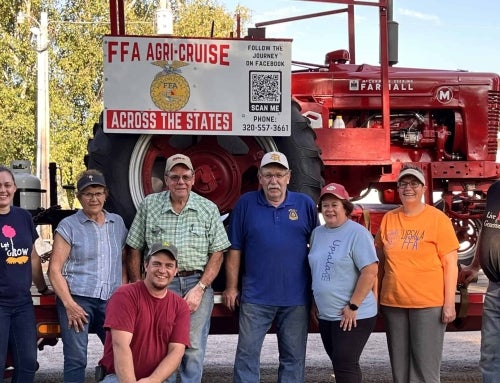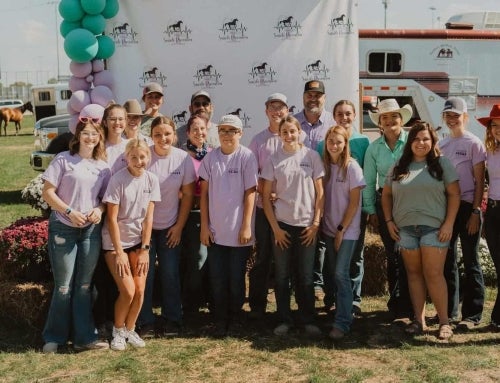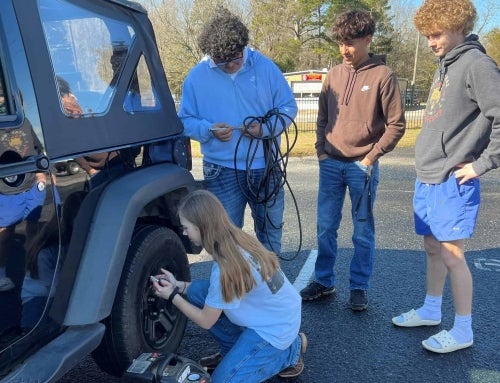Cody Otten has only one regret about farming full-time: “I wish I’d done this all sooner.” The 2014 McCutcheon FFA alumnus from Indiana started his own farming operation — soon to be officially named Otten Family Farms — in 2022 after dreaming about it his whole life.
“I always wanted to farm, but I never thought I’d have the opportunity,” Otten says. Growing up, his family owned farmland that was mainly rented out to produce cattle and hay. Otten didn’t have experience with cash crops. “I used to ride across the street and watch the farmer who now helps me out,” he says.
Today, Otten watches over his own 80 acres in Clarks Hill, Ind., and smiles every time he thinks about being a farmer. While the effort has not been easy (or cheap), it has all been worth it, he says. Here are the key lessons he’s learned.
SEEK EXPERTISE AND SUPPORT. Otten first ran his farm idea by his neighbor, a farmer with decades of experience, who affirmed him with a resounding yes. From there, he chose Farm Credit for lending, primarily because of a beginning farmers program through which he’ll receive two years of training alongside other young farmers. Otten says that was a key decision: “The number one thing I’d tell others is to get involved with a financial institution that will help you get set up,” not simply provide funding.
He also researches continuously and listens to the local farmers who have been harvesting similar land for generations. They’ve formed a cooperative: Otten teaches them new technology, while they share old-school techniques that help bolster his agricultural knowledge.
START SMALL AND MAKE A PLAN TO GROW. For the first year, Otten grew only soybeans on an 80-acre plot he originally rented from his dad, but bought in September 2022. Sticking to one crop and using leased equipment helped minimize inputs and the learning curve. He plans to master two crops before getting more land. He’s already set his long-term goals: In 10 years, he hopes to farm around 1,000 acres, own his own equipment and possibly be a seed rep. Ultimately, “I would love another generation to take it over,” he says.
KEEP GOOD RECORDS AND WATCH YOUR CASH FLOW. Otten laughs that he never imagined spending so much time with spreadsheets, but up-to-date, accurate record keeping is critical for maintaining the cash flow that helps maintain a farm.
BELIEVE IN YOURSELF AND GO FOR IT. “That advice may be a little overshot, but this is something I thought would be impossible,” he says. “If you have a gut feeling, go after it and stay positive. Life’s too short.”

